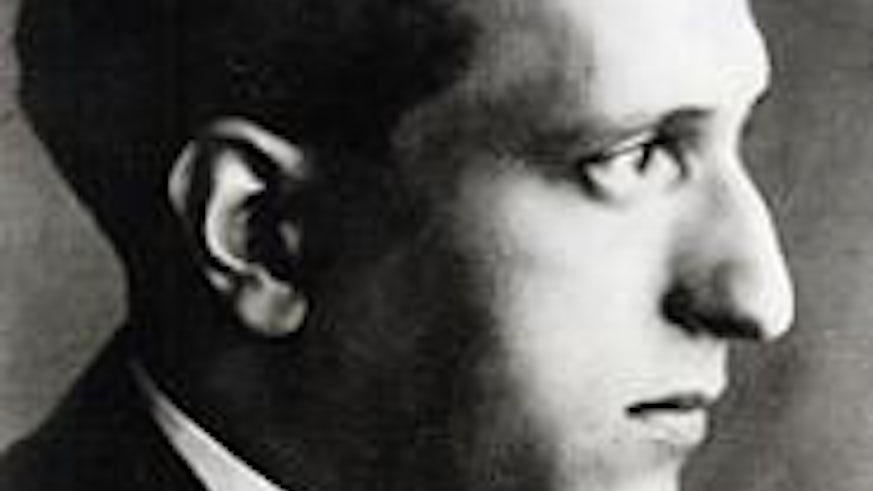Call for papers: Pavel Haas Study Day
30 Hydref 2015

Upcoming event to stimulate critical discussion about Haas's work, bringing together individual scholars, performers, enthusiasts, and representatives of relevant professional societies and research groups.
The Pavel Haas Study Day will take place at the School of
Music on Saturday 30 January 2016 and we are co-sponsoring it with the Royal
Musical Association and the Music & Letters Trust.
The event takes place on the occasion of the performance of Pavel
Haas’s String Quartets No. 2, ‘From the Monkey Mountains’(1925) and String
Quartet No. 3 (1938), played
by the Graffe Quartet (Brno,
Czech Republic) and accompanied by researched-based commentary by School of
Music PhD student Martin Čurda.
In Haas’s case, a number of factors conspired to
push the music of a highly accomplished composer to the verge of oblivion. As a
student of Leoš Janáček and a life-long resident of Brno (Moravia), Haas has
been marginalised in the dominantly Prago-centric historiographical accounts
of Czech music. During the Nazi occupation of Czechoslovakia, the composer was
banned from performance, imprisoned and killed due to his Jewish origins. In
the following communist era, his music was passed over in silence, apparently
for the same reason. Since the 1990s, Haas's music has been slowly finding its
way on to international concert stages, although the main body of his output,
which engages in fascinating ways with inter-war avant-garde movements in
Czechoslovakia and beyond, risks being overshadowed by Haas’s association with
the Holocaust.
The long-term goals of this discussion are: 1) to raise awareness of Haas's
music; 2) to enhance its understanding and appreciation by placing it in a
varied inter-disciplinary context, from which it has so far been excluded; and
3) to establish for the first time a network of international scholars working
on Haas and Czech music more generally in order to reinvigorate this field -
which, while it does not lack strong individual scholars, lacks a sense of
collective direction - and plan strategies for its future development.
Individual 20-minute presentations (not necessarily academic papers) will be invited on themes that may include but are not limited to the following:
- Janáček’s students and the problem of a Moravian compositional tradition
- Moravian affiliations in Czechoslovak avant-garde music, arts, and culture
- Haas’s music in the context of Nazi occupation
- Haas’s music in the context of Czechoslovak and European avant-garde movements
- Pavel Haas and musical historiography
- Analytical and hermeneutical approaches to Haas’s music
- Haas’s music in performance and concert life
One session of the day will be dedicated to the opera Charlatan (premiered 1938), an enigmatic work full of fantastic imagery, disturbingly resonating with the approaching threat of the Holocaust. The panel will include Prof John Tyrrell, a renowned specialist on Czech opera, the director and scenographer Prof Pamela Howard (Royal Welsh College of Music and Drama) and the Czech theatre specialist Dr Pavel DrÃibek (University of Hull).
Enquiries, expressions of interest, or abstracts (up to 250 words) are to be sent to Martin Čurda by Monday, 30 November 2015.